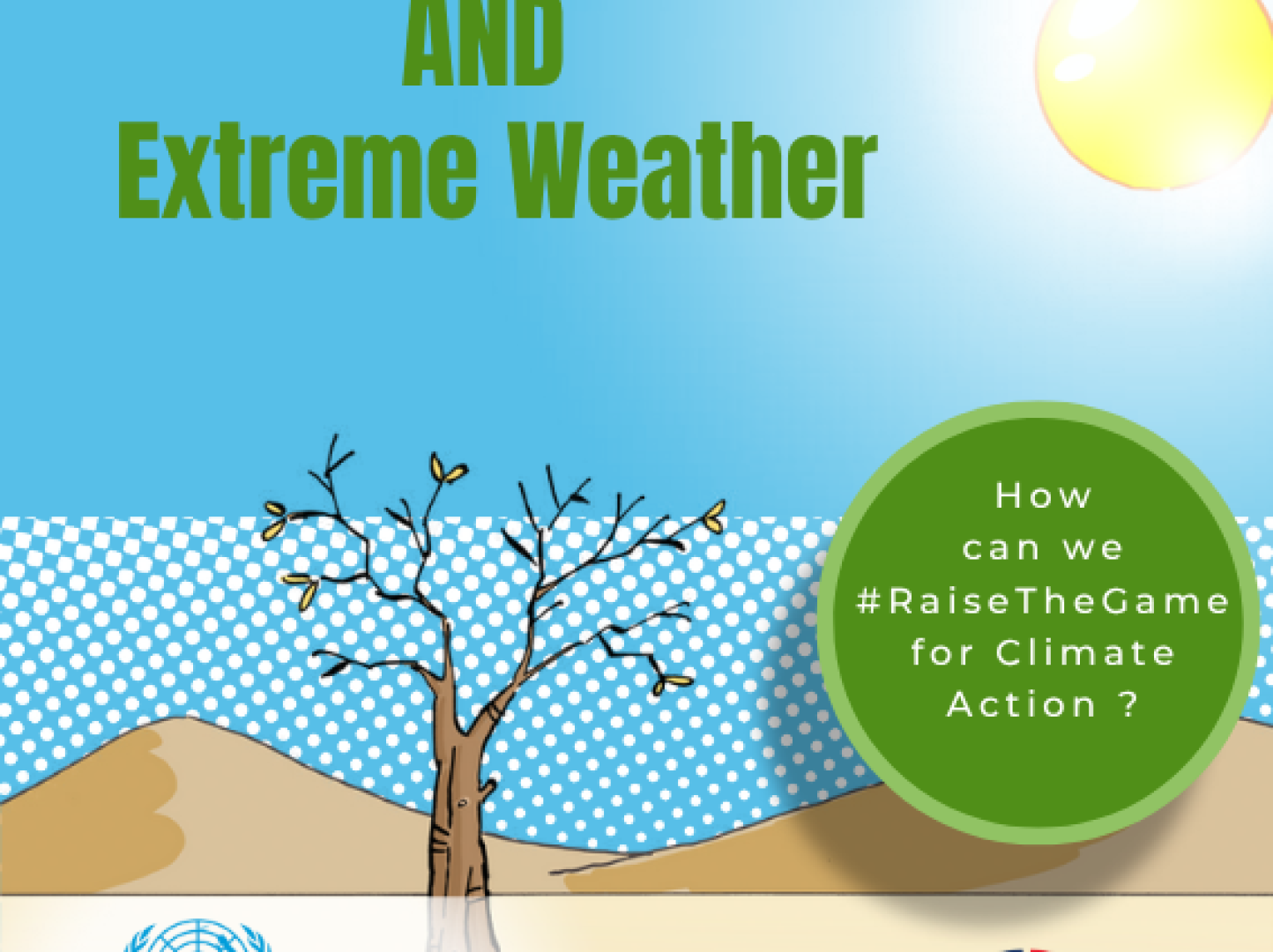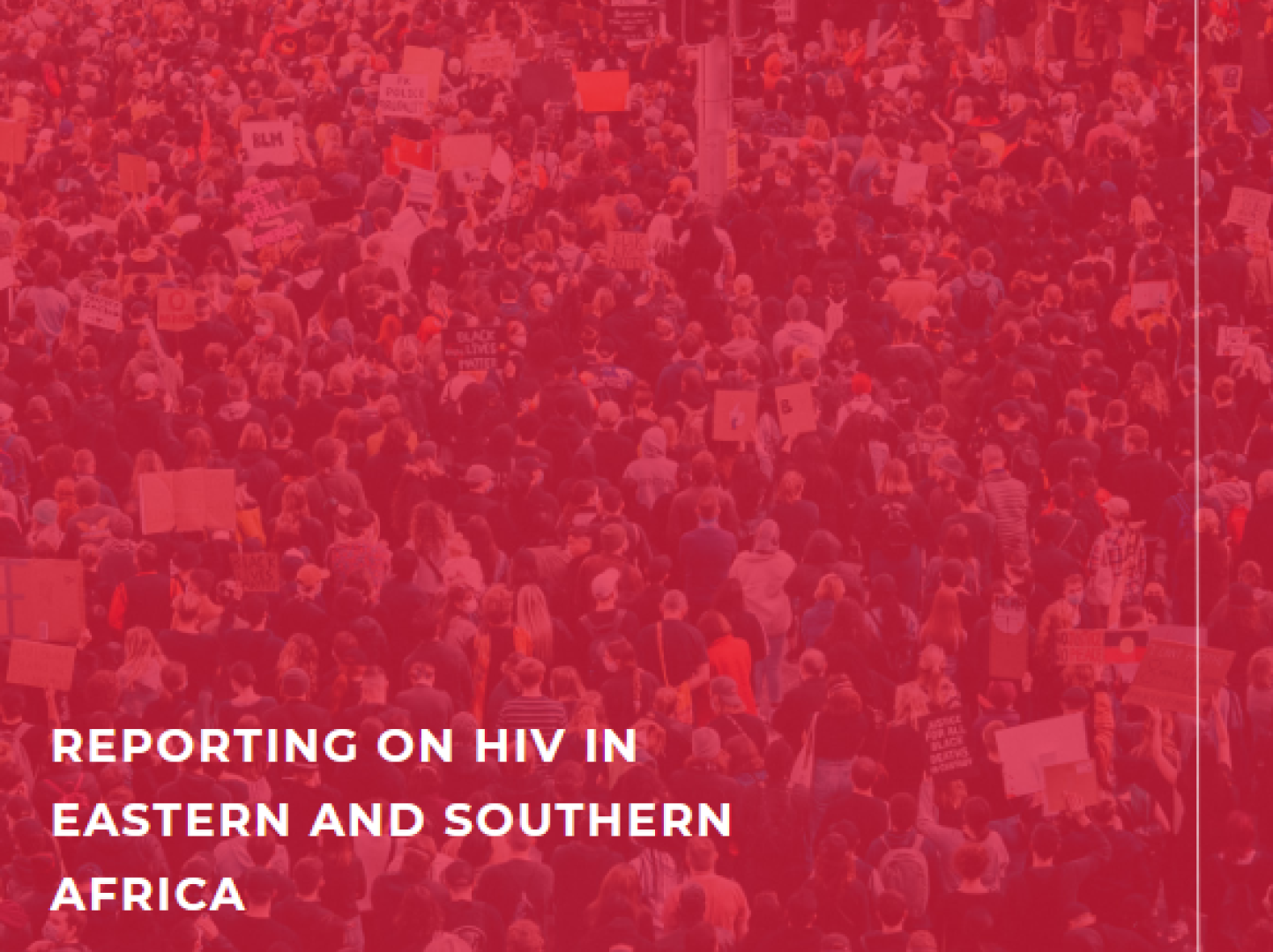COMMON COUNTRY ANALYSIS - Updated 2022
The last United Nations Common Country Analysis for South Africa was published in mid-2020. Since then, new Covid-19 variants have emerged in the country, followed by national lockdowns and other restrictions. In addition, South Africa has been affected by civil unrests, natural disasters such as unprecedented floods and droughts, locust infestations, renewed antimigrant protest, a cost-of-living crisis and rising political instability in the run-up to the 2024 national election.
To complicate the situation further, both the duration and intensity of loadshedding increased significantly towards the end of 2022 and into 2023. The intensification of the energy crisis in South Africa is causing major disruption to day-to-day business, food supply chains, the education sector, other infrastructure systems such as water and transport – and the lives of ordinary people. It is likely to be a deterrent to longterm investment due to the uncertainty it creates about stable energy supply, which is essential for business plans and operations.
In July 2022, the United Nations Country Team (UNCT) South Africa decided to update the common country analysis (CCA) to capture these contextual changes, explore their interconnectedness, identify what challenges – but also opportunities – these changes have created and suggest possible programmatic changes for the United Nations Sustainable Development Cooperation Framework (UNSDCF) 2020-2025.
The Covid-19 pandemic had devastating impacts across all socio-economic sectors of South Africa, causing more than 102 000 official deaths between 20 January 2020 and 24 October 2022. The country suffered a very large output contraction – 6.3% in 2020. Consequences have included a sharp rise in poverty, with a higher proportion of female-headed than male-headed households falling into poverty, households experiencing less secure employment and greater likelihood of poverty, workers with only primary education hardest hit and rising inequality. Health sector services were stretched, the education system suffered and gender-based violence (GBV) surged, as did violence against irregular migrants, refugees and asylum seekers. Unemployment increased from already extremely high levels, reaching the record high of 35.3% in the fourth quarter of 2021, against 32.5% at the end of 2020 (this receded to 32.9% in the third quarter of 2022). It disproportionately affected the youth, women, migrant populations and the poor.
The socio-economic situation caused by the pandemic was aggravated by the civil unrest of July 2021 following former president Jacob Zuma’s imprisonment. The unrest spread through KwaZulu-Natal and later to Gauteng. It quickly escalated to looting and destruction of properties, culminating in a loss of 330 lives and more than 2 500 arrests. It affected food systems and value chains, with many South Africans experiencing hunger and poverty in the affected provinces.



















